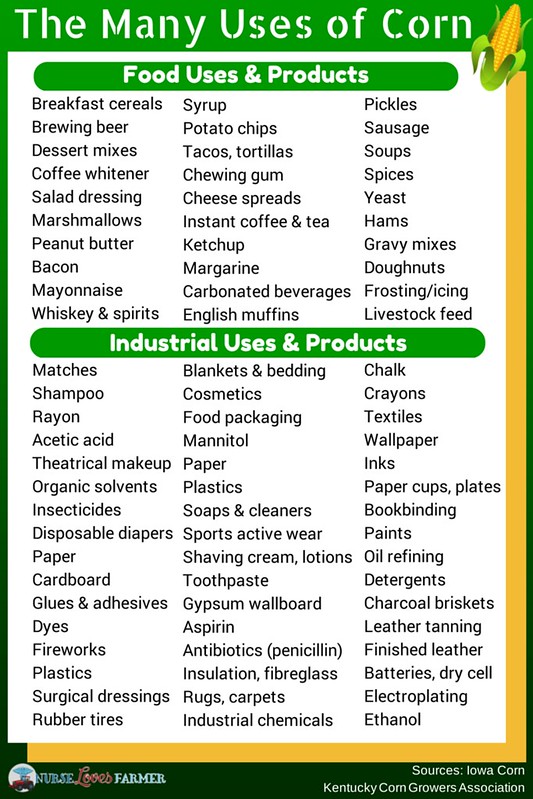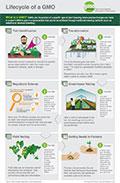Cassava, the Elections, Vaccines and More: What We’re Reading - November 2014
From state ballot initiatives to the global impact of biotech on farming practices, here are some of the articles about GMOs and plant breeding that grabbed our attention in November. Did we miss anything? Share links to your favorite posts on our Facebook page!
Washington Post's Tamar Haspel shares five arguments in the GMO debate she thinks it's time to retire. What would you add?
All eyes were on Colorado and Oregon in November as ballot initiatives over GMO labeling went to vote. Vox examines these state-level initiatives and shares a comprehensive GMO primer.
Cassava is a root vegetable that’s a staple crop in many tropical regions. In the U.S., we know it commonly as tapioca, or those chewy bubbles in boba tea, but it happens to be the third largest source of food carbohydrates in the tropics, after rice and maize. The New York Times' blog Dot Earth asks if genetics and breeding can do for cassava what they’ve done for corn? Edward Buckler, U.S. Department of Agriculture researcher at Cornell, answers:
"Cornell and the USDA have already built such a model for some traits in corn; because people in rich countries eat corn, there’s a big market for better varieties. Meanwhile, crops that are eaten mostly by the poor have largely been ignored by scientists. But that’s starting to change."
Read the rest of his response in this post on Dot Earth, and be sure to watch the video on plant genetics!
Curious about the different ways biotechnology touches your life? Nurse Loves Farmer explains the different ways biotechnology is used everyday (from stone washed jeans to the detergent you wash them in!), the various benefits of GMOs and future possibilities. Allergy-free peanuts or gluten-free wheat? Both possible! Read her post here.

PloS ONE published the largest review yet of biotech crops’ impact on farming. IFIC and The Economist both examine the results of this study.

PRI looks at the GMO debate and the role the term “GMO” plays in advancing the discussion.
"The headlines might paint a dramatic picture, but the reality is that GMOs — and the discussion around them — are more nuanced than many of us assume. And that starts with the term ‘genetically modified organism’ itself."
What if you could produce an affordable and easy-to-administer vaccine for hepatitis B? What if that vaccine would be inexpensive to produce and wouldn't need refrigeration for storage? What if it could pave the way for oral vaccines for other emerging health threats such as the Ebola virus that is devastating western Africa? What if you needed to use genetically engineered corn to produce it? Meet John A. Howard, and hear how he's using this crop to help change the way vaccines are delivered.
